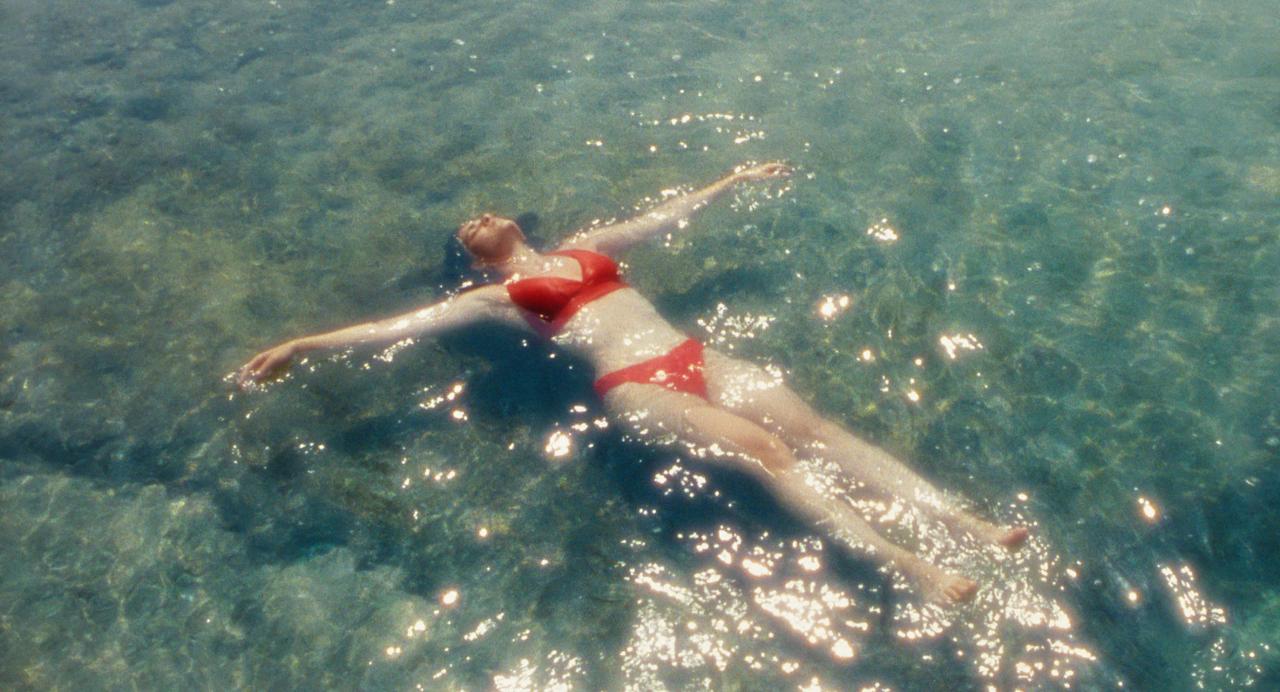Pragueshorts festival announces the films in the Czech national competition
From 28 February to 3 March, Prague’s Světozor, Bio Oko, Atlas, and Kino Pilotů cinemas will host the 18th edition of the Pragueshorts International Festival of Short Films. Organized by a team from the Karlovy Vary International Film Festival, every year Pragueshorts presents a selection of the best shorts by Czech and foreign filmmakers. The National Competition, which this year has been expanded to include animated and documentary works, features fifteen films spanning a wide range of styles and genres. Divided into three blocks of screenings, the films include world premieres as well works that have been successfully shown at prestigious foreign festivals, for instance Daria Kashcheeva’s Electra and Petr Pylypčuk’s Eighth Day (both shown at Cannes), or Philippe Kastner’s Dede Is Dead, which had its world premiere at last year’s Berlinale. After 3 March, the festival’s final day, selected films from the Pragueshorts program will be available on the KVIFF.TV online streaming platform. This online part of the festival runs until 17 March.
“This year’s three blocks boast a total of fifteen films, a number which not only reflects the fact that Pragueshorts has recently opened itself up to animated and documentary works but that also shows the earnest joy felt by the programming team at the quality of the submissions,” says Pragueshorts programming director Karel Spěšný.
This year’s Pragueshorts is showing several Czech films that did well at international festivals. Pegah Ahangarani’s documentary My Father won an award at the world’s largest documentary film festival, IDFA; Marie-Magdalena Kochová’s 3MWh will be shown in late January in Rotterdam; and Leila Basma’s Sea Salt was shown at last year’s festival in Venice. Petra Pylypčuk’s Eighth Day and Daria Kashcheeva’s Electra were shown at the world’s most prestigious film festival in Cannes, and audiences at the Berlinale were captivated by Philippe Kastner’s Dede Is Dead. These last three films were also recently nominated for the Magnesia Award for Best Student Film at the Czech Lion Awards.
Animated film is represented by Natálie Durchánková’s Student Oscar nominated film Rising Above, Adriana Bendžalová’s nihilistic miniature I Will Die in This House, Niko Mlynarčík’s Wereawolf, and Nina Rybárová and Tomáš Rybár’s charmingly playful Criss Cross. Two mockumentaries in particular offer a breath of fresh air: Greta Stocklassa’s brilliantly funny Buzz of the Earth and Tomáš Navrátil and David Payne’s The Baroque about people who get aroused by the sight of beautiful Baroque curves. More comedy may be found in Nikulás Tumi Hlynsson’s Blue Boy and Lukáš Masner’s unique Czech-Greenlandic co-production The Price of a Story. Topping off our selection of fifteen films is Piotr Jasiński’s sensitive drama Bunk featuring Josef Trojan in the lead. A three-member international jury will present an award for Best Czech Film, which comes with a financial reward of 2,000 euros. “The National Competition screenings represent a unique opportunity to get to know, in a relatively short time, the best films being made by young Czech directors,” says Pragueshorts organizer Radka Weiserová.
Like its past editions, this year’s Pragueshorts will have three competition section – besides the National Competition, these are the international competition for foreign films and the LABO section for experimental works. These competition sections are complemented by our popular live moderated Brutal Relax Show, special screenings for children, and other thematic screenings. The complete festival program will be made public in the first half of February. “One of Pragueshorts’ main missions is to support young filmmakers at the start of their careers, and not just by giving them a chance to show their work. To this end, we are planning special events during the festival and throughout the year, including a showcase of film schools for secondary students interested in studying cinema and a consultation workshop focused on script development and preparing grant applications to the State Film Fund,” adds Weiserová.
